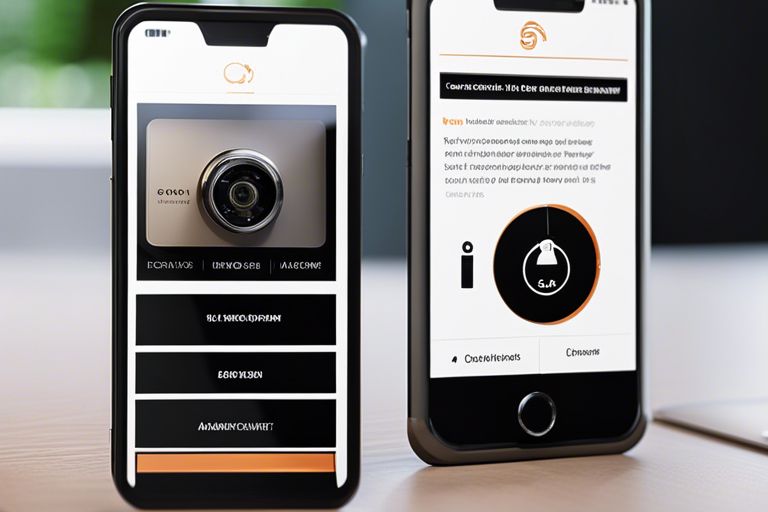Introduction
Identity theft is a serious crime that can have devastating consequences for victims. With the increasing use of technology in our daily lives, it has become easier for criminals to steal personal information and use it for fraudulent purposes. However, there are steps you can take to protect yourself from identity theft and minimize the risk of becoming a victim.
1. Safeguard Your Personal Information
One of the most important things you can do to protect yourself from identity theft is to safeguard your personal information. This includes your social security number, bank account details, credit card information, and any other sensitive data. Be cautious about sharing this information, especially online, and only provide it to trusted sources.
2. Use Strong and Unique Passwords
Using strong and unique passwords is essential for protecting your online accounts. Avoid using obvious passwords like your birthdate or the word ‘password.’ Instead, create complex passwords that include a combination of letters, numbers, and special characters. Additionally, use a different password for each of your accounts to minimize the risk of multiple accounts being compromised if one password is stolen.
3. Be Wary of Phishing Attempts
Phishing is a common technique used by identity thieves to trick individuals into revealing their personal information. Be cautious of emails, text messages, or phone calls asking for personal information or directing you to click on suspicious links. Legitimate organizations will never ask for sensitive information through these channels, so always verify the source before providing any details.
4. Monitor Your Financial Statements
Regularly monitoring your financial statements is crucial for detecting any unauthorized activity. Review your bank statements, credit card bills, and other financial accounts regularly to identify any suspicious transactions. If you notice any discrepancies, report them to your financial institution immediately.
5. Secure Your Devices
Securing your devices, such as your computer, smartphone, and tablet, is essential for protecting your personal information. Install reputable antivirus software, keep your operating system and applications up to date, and enable firewalls and encryption whenever possible. Additionally, be cautious when connecting to public Wi-Fi networks, as they can be vulnerable to hackers.
Conclusion
Identity theft is a serious threat that can have long-lasting consequences for victims. By following these tips and taking proactive measures to protect your personal information, you can significantly reduce the risk of becoming a victim of identity theft. Stay vigilant, be cautious of potential scams, and prioritize the security of your personal data.






